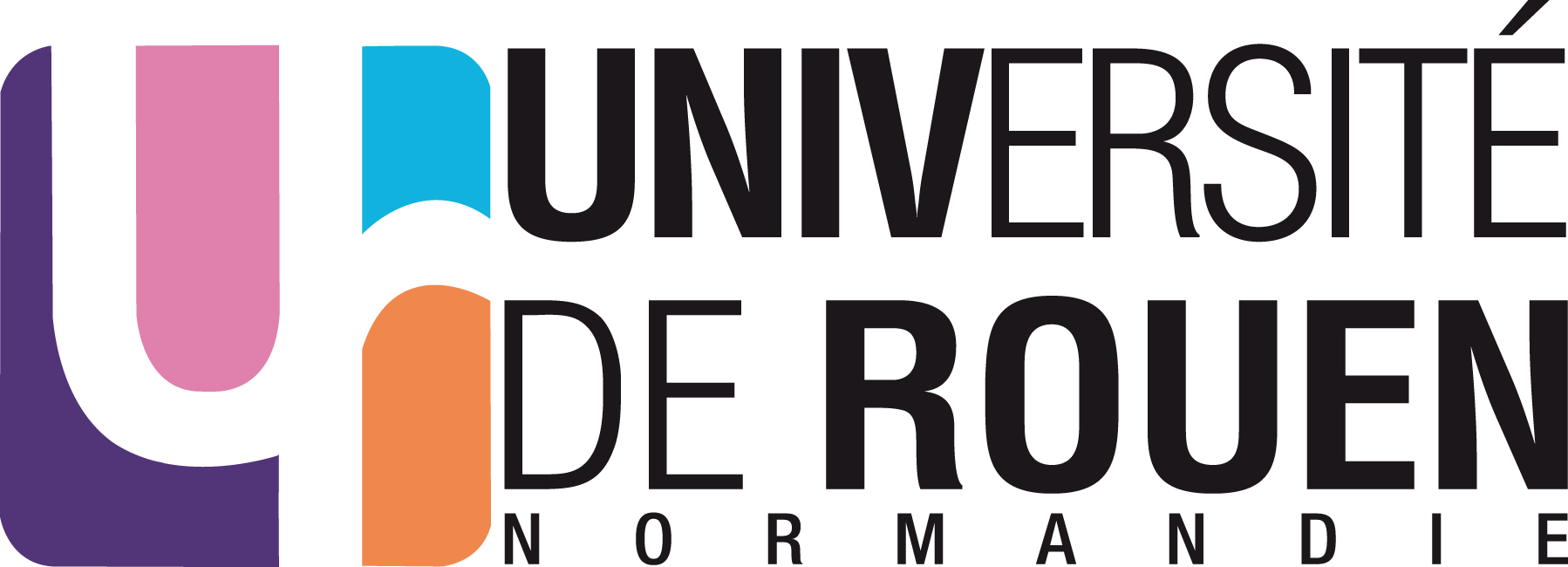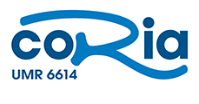Nom complet : TRANSversal Actions for Tritium
Référence Projet : Horizon 2020 – Euratom fission
Période : du 01/09/2017 au 31/08/2021
Financeurs : l’Union européenne à travers le programme Euratom.
Coordinateur du projet : CEA
Porteur du projet pour le CORIA : Université de Rouen Normandie (Laboratoire CORIA)
Responsable Scientifique pour le CORIA : A. BULTEL
Budget CORIA / Budget total : 97.8 k€ / 3.9 M€
Résumé scientifique du projet :
TRANSAT (TRANSversal Actions for Tritium) est un projet multidisciplinaire de 4 ans destiné à contribuer à la recherche et à l’innovation sur les « activités transversales » nécessaires pour « améliorer les connaissances sur la gestion du tritium dans les installations de fission et de fusion ». Il propose des actions répondant aux principaux défis suivants abordés par l’appel : i) stratégies d’atténuation des rejets de tritium, ii) amélioration de la gestion des déchets, iii) affinement des connaissances dans le domaine de la radiotoxicité, de la radiobiologie et de la dosimétrie. Pour évaluer les tâches scientifiques à couvrir par TRANSAT, toutes les questions ouvertes du cycle du tritium qui ne sont pas encore abordées par les activités de recherche européennes ou les études antérieures ont été déterminées. Ensuite, cette image générale a été limitée aux activités transversales de fusion et de fission. En ce qui concerne le mécanisme de libération, la migration/perméation du tritium dans des échantillons massifs est étudiée dans des installations spécialisées. La modélisation associée a lieu dans le projet afin d’améliorer le niveau de confiance dans les outils de prédiction développés pour le comportement du tritium dans les réacteurs. Une attention particulière est également accordée au rejet de tritium par les particules tritiées provenant des activités de démantèlement. Les barrières de perméation (barrières actives et concepts de revêtement) ainsi que le traitement des gaz tritiés opérationnels sont évalués et leur applicabilité à des fins de fusion et de fission est analysée. L’amélioration de la gestion des déchets est également couverte par de nouvelles études de concept pour les colis de confinement des déchets tritiés et par de nouvelles méthodologies précises pour l’évaluation de l’inventaire du tritium dans les déchets ménagers métalliques et mous. Enfin, une partie dédiée du projet porte sur radiotoxicité, la radioécologie, la radiobiologie et la dosimétrie des particules tritiées produites lors du démantèlement dont les impacts n’ont pas encore été abordés. 18 partenaires participent à TRANSAT, issus de tous les pays européens impliqués dans des activités liées au tritium.







